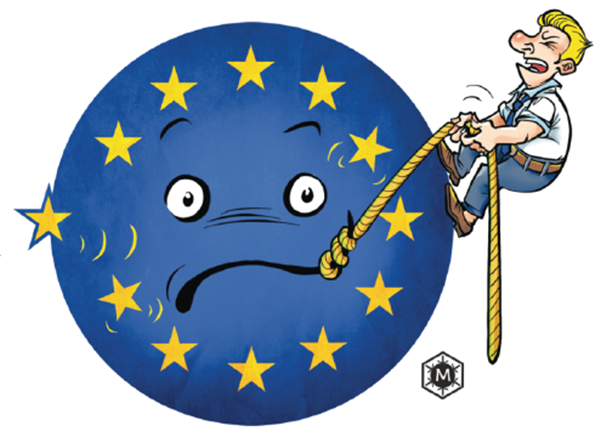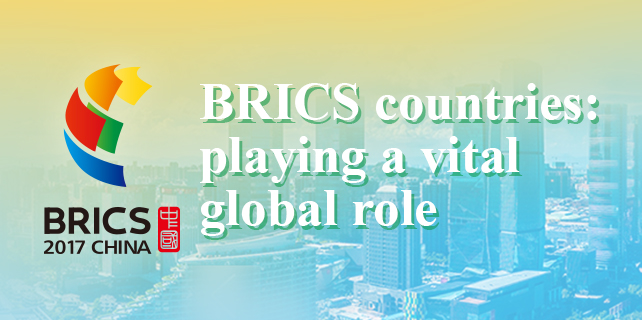Protectionist call rings in EU
 |
|
MA XUEJING/CHINA DAILY |
By pointing their protectionist finger at China, the EU and the US have resorted to a seemingly reasonable excuse, fair trade, saying it is unfair that Chinese goods and investments have easy access to their markets while theirs face severe obstacles to the Chinese market.
This is not the first time Western countries are wielding the "fair trade" weapon against their foreign competitors. Way back in the 1880s when, as emerging industrialized countries, the US and Germany together offered fierce competition to industrialized Britain, several industrial associations and organizations were set up in Britain to lobby the government to work out protectionist measures against foreign competitors. A century later, the US, a long-time advocate of "free trade" changed its tone and began imposing sanctions on Japan and some European countries on the pretext of "fair competition" and "mutual reciprocity".
According to Jagdish Bhagwati, a professor at Columbia University, such protectionist practices under the garb of "fair trade" show that certain countries are afraid of losing their established economic dominance. Bhagwati says it is such kind of sentiment that seriously hurts global economic growth.
Globalization has prompted countries across the world to say no to protectionism, because they have realized that common prosperity hinges on abandoning "mutual trade suspicion". If the EU countries and the US do not shed their unjustified fear of China, they will not only thwart their much-needed economic recovery, but also spread mistrust across countries and become the largest obstacle to global economic growth.
- BEIJING NEWS









